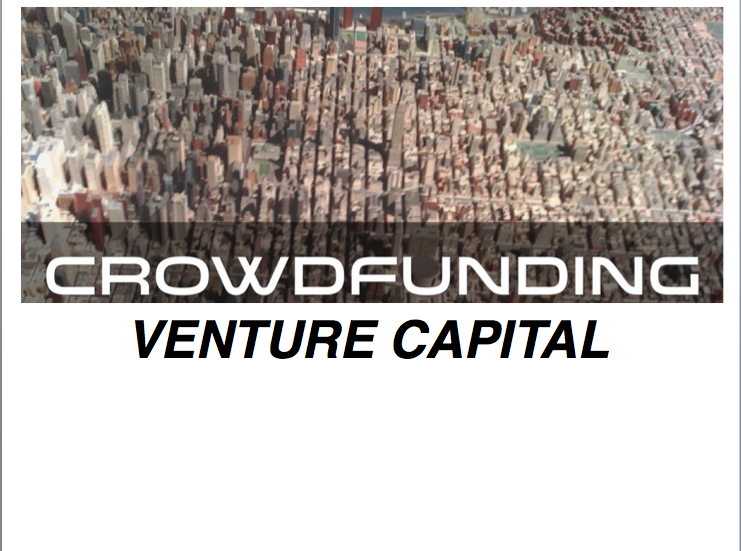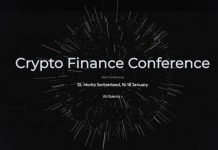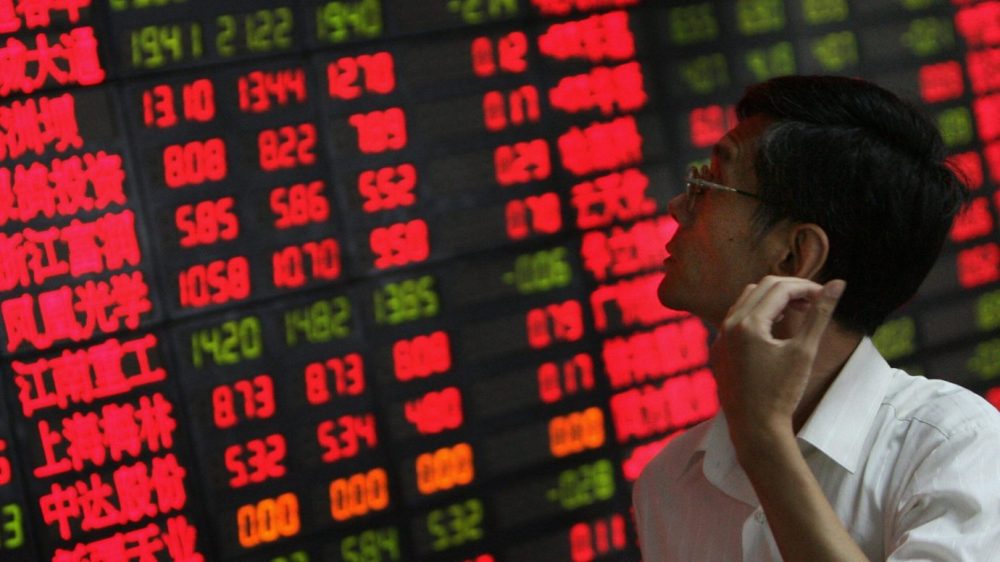Marking The Close is a technique of purchasing a security at the very end of the trading day often within minutes of the close of trading at a significantly higher price than the security’s current traded price. The purpose is to raise the security’s closing price, thus making it appear to be of higher value than it actually is. The manipulation of a transaction in order to give a false, misleading or artificial appearance of activity in a stock improperly influences the market price and is illegal. Yet, some traders continue to engage in such practice and pay the price.
Oil and Gas Investment
A Midwest-registered representative with many years experience with investments in North Dakota and Colorado oil and gas companies recently entered into a Letter of Acceptance, Waiver and Consent (AWC) with the Financial Industry Regulatory Authority (FINRA) settling charges that he allegedly marked the close in order to preferentially influence a stock price in June 2009. According to the AWC, the respondent had discussions with senior management about the firm’s possible participation in an upcoming shelf offering of shares of a Minnesota-based oil and gas production company. Then, early June 23, 2009, he allegedly gave a trader a sheet of paper containing account numbers and quantities of the companys shares and informed the trader that he would call him later with trading instructions probably near the close.
Minutes Before Close
The AWC disclosed that about 19 minutes before the 4 p.m. ET close, the respondent called the trader and told him to place the orders “in like ten minutes at 2:50 [Central time] or even wait” a few minutes later. He learned that the days volume on the stock was 221,000 and then instructed the trader to ”close the thing over six if you can.” The respondents five buy orders totalled 37,000 shares and represented 58 percent of the oil and gas companys total trading volume during the last 10 minutes of trading. Furthermore, the national best bid and offer moved from $5.98 to $6, approximately eight minutes prior to the close and then to $6.09$6.10 at the close.
SEC and FINRA Violations
The above-described conduct was found to be in willful violation of Section 10(b) of the Securities Exchange Act of 1934 (regulation of the use of manipulative and deceptive devices), its Rule 10b-5 (employment of manipulative and deceptive devices), and of FINRA Rule 2020 (use of manipulative, deceptive, or other fraudulent devices) and 2010 (ethical standards). The respondent was fined $25,000 and suspended from association with any FINRA member in all capacities for 40 calendar days.
David draws on 20+ years’ experience in both legal practice and in business services delivery since his own call to the Bar in 1989. With several years in the startup environment, including as a co-founder in the legal tech space specifically, he brings a unique and timely perspective on the role of data, automation and artificial intelligence in the modern and efficient delivery of services for legal consumers. Having been both a corporate buyer of legal services and a services provider, he identifies the greater efficiency and value that can be achieved in legal operations for corporate buyers especially.
An attorney, David worked for law firms Pinsent Masons and Linklaters in London before moving to New York to join Credit Suisse. As CAO, he helped negotiate & execute the relocation of Credit Suisse into its new NYC global HQ. Subsequently, David directed major global outsourcing, shared sourcing, HR operations & process efficiency initiatives including the digitization of records, the global roll-out of PeopleSoft HRMS & Y2K. David has worked extensively in the UK, US, Philippines, India and China markets in the areas of data management, human resources and business process outsourcing.
Most recently, David has been successfully investing in and serving as an advisory board member of several legal services start-ups including a cloud-based solution for legal process automation and e-filing; and a technology solution for large-scale capture of court and other public data used for litigation analysis, among others.
David graduated from the University of Manchester with Honors in Law and Bar School (College of Legal Education) in London, and has been a member of Middle Temple since 1989. He is the founder and former Chairman of The Global Sourcing Council.
Member: Bar of England & Wales, ABA, NYCBA, ACC, DRI



































